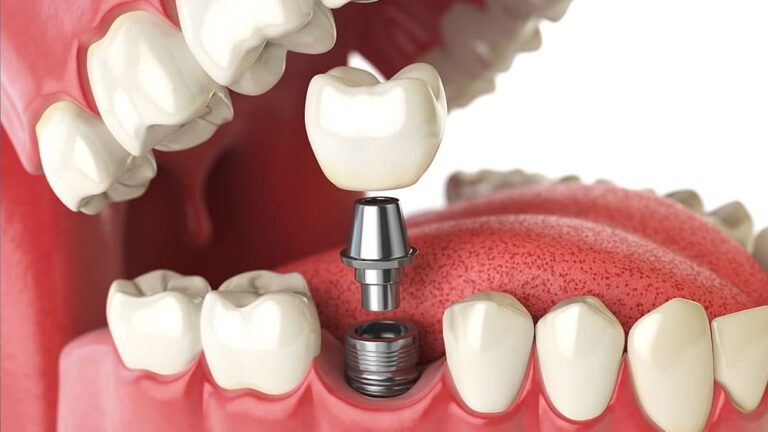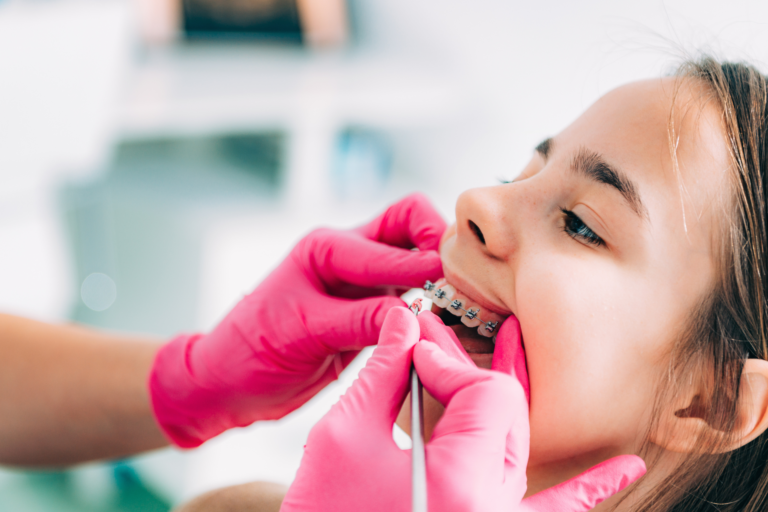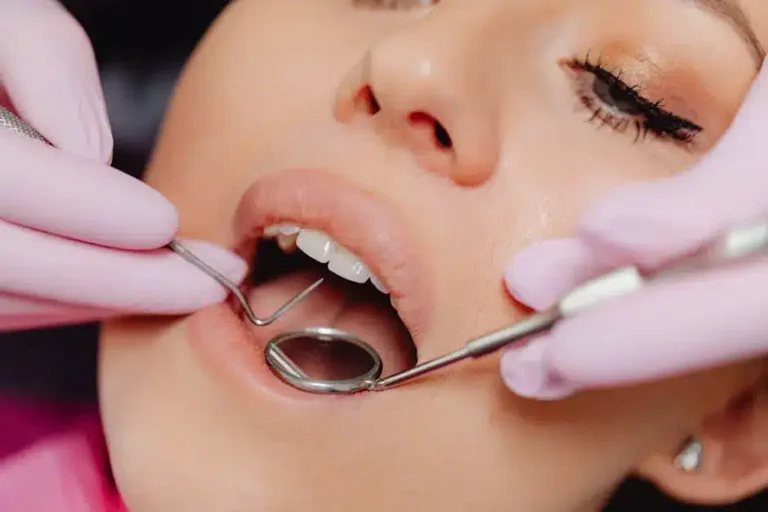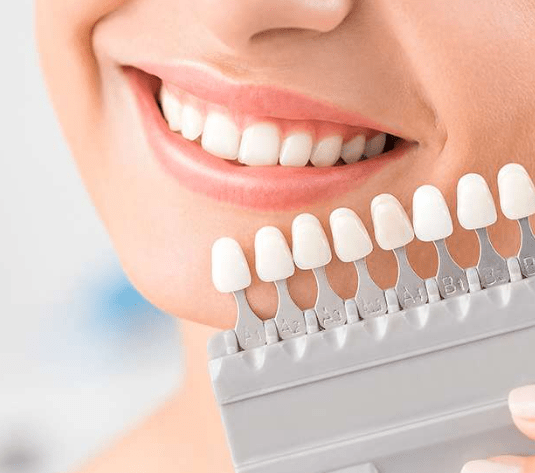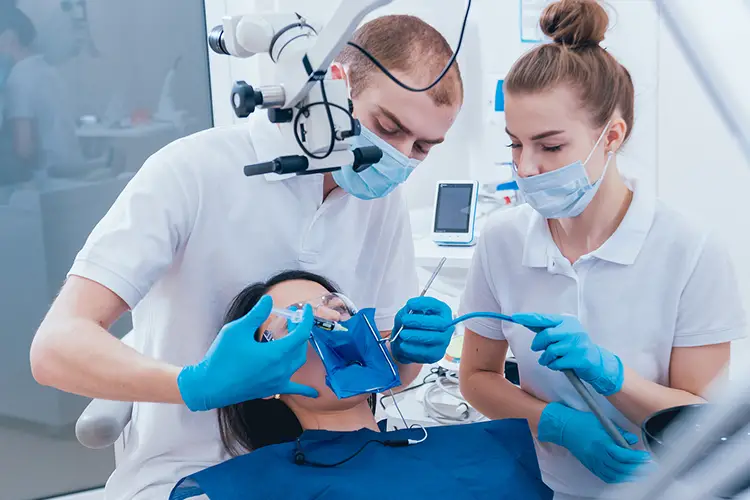What to Expect During Your First Visit to the Dentist
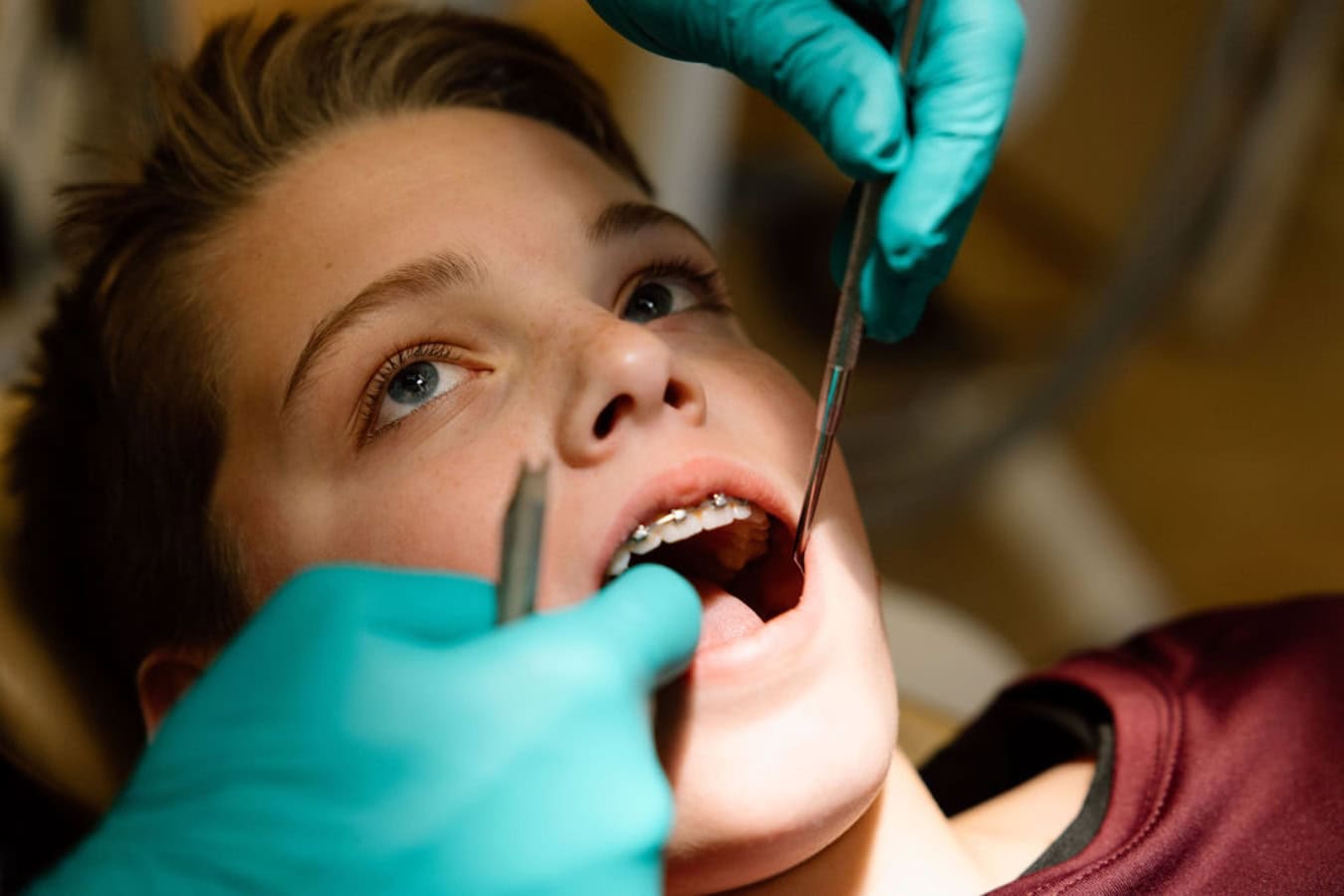
If you’re new to dental care or visiting a different clinic, knowing what to expect can help you have a more comfortable experience. Dental appointments address preventive care and existing oral health concerns, such as cavities, gum disease, or tooth sensitivity. Whether you have a minor or serious issue, the dentist will ask a range of questions to determine the appropriate treatment. Here are some things to expect during your first visit to a dentist:
Reviewing Your Dental History
A dentist reviews and discusses your dental history to determine if you have recurring oral health issues or complications. You might be asked if you’ve had regular dental checkups or procedures in the past. Inform the clinic about any cavities, fillings, or root canals you’ve had so that they can customize your treatment.
If you’ve ever worn braces or other orthodontic appliances, share this information with your dentist. They may also want to know if you’ve had gum disease or received treatment for it and whether the condition has improved. If this is your very first dental appointment, inform the dentist that you have no dental history so that they can establish a baseline for your oral health.
Examining Your Teeth
Using a mirror and a dental probe, an oral health professional checks your teeth for signs of damage, wear, or cavities. They inspect your gums, determining whether they’re swollen, red, or bleeding. These symptoms can indicate underlying diseases.
To assess how your teeth align, the dentist may evaluate your bite. Alignment issues can affect chewing or speaking. During the physical exam, the dentist also screens for cancer by checking for unusual spots, lumps, or sores in the oral cavity. Some clinics may take X-rays to detect existing crowns, fillings, or other issues not visible during a visual exam.
Providing Suitable Treatment
If a dental practitioner identifies issues during your exam, they will suggest treatment options based on their diagnosis. For bite problems or crooked teeth, you might need braces or clear aligners to move your teeth to their proper positions. Patients with plaque and tartar buildup, particularly those experiencing bad breath, benefit from professional cleanings. If a tooth is too damaged to save, extracting it can be an option to prevent infection from spreading to other teeth. Cracked or heavily filled teeth may be treated with crowns, which are tooth-shaped caps that restore their strength.
Offering Aftercare Instructions
After your treatment, a dentist or dental assistant provides instructions to help you care for your teeth and promote long-term oral health. If you’ve had surgery or a filling, this professional may advise you to avoid hard, spicy, or sticky foods that cause irritation. Your dental care provider can also share brushing and flossing recommendations to assist with managing decay and plaque accumulation. This may include using a soft-bristled toothbrush and brushing twice a day.
Choosing a Skilled Dentist
A qualified dentist offers various treatments, including cleanings, fillings, and crowns, to address oral health issues and enhance dental hygiene. During your first visit, ask questions to help you understand what problems you’re facing and how they’re treated. To learn more about available dental services, contact an experienced clinic today.
- What to Expect When Visiting a Foot and Ankle Specialist
- Causes of PTSD
- The Link Between Plantar Fasciitis and Weight Gain: What You Need to Know
- How Pet Ownership Can Positively Impact Life with Fibromyalgia
- The Importance of Stretching and Flexibility in Sports Medicine
Dr. Emma Green is a health and wellness expert with over 10 years of experience in nutrition and fitness. Passionate about helping others live their healthiest lives, Dr. Green shares practical advice on wellness, nutrition, and sustainable living through LivingSpristine.


